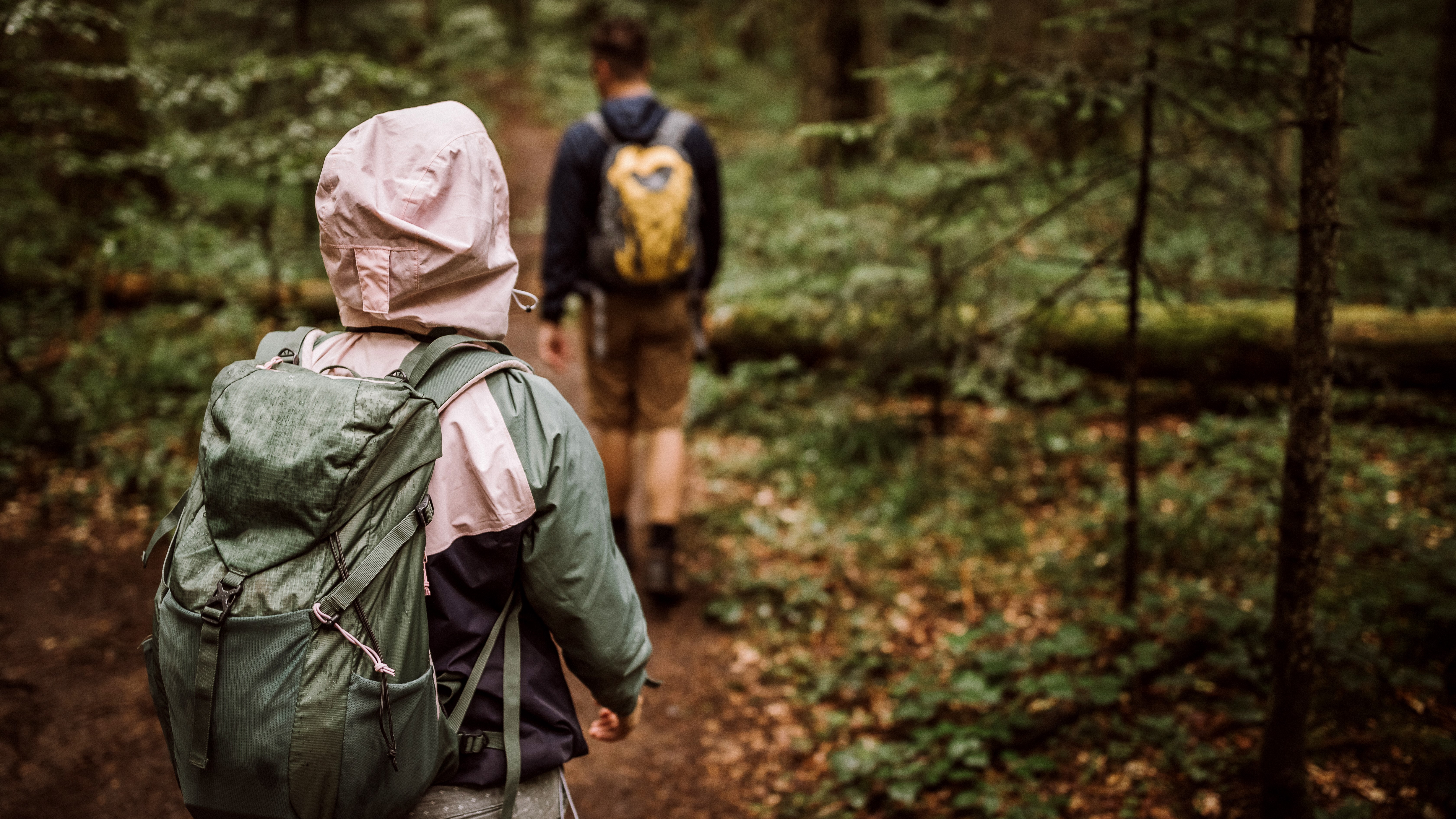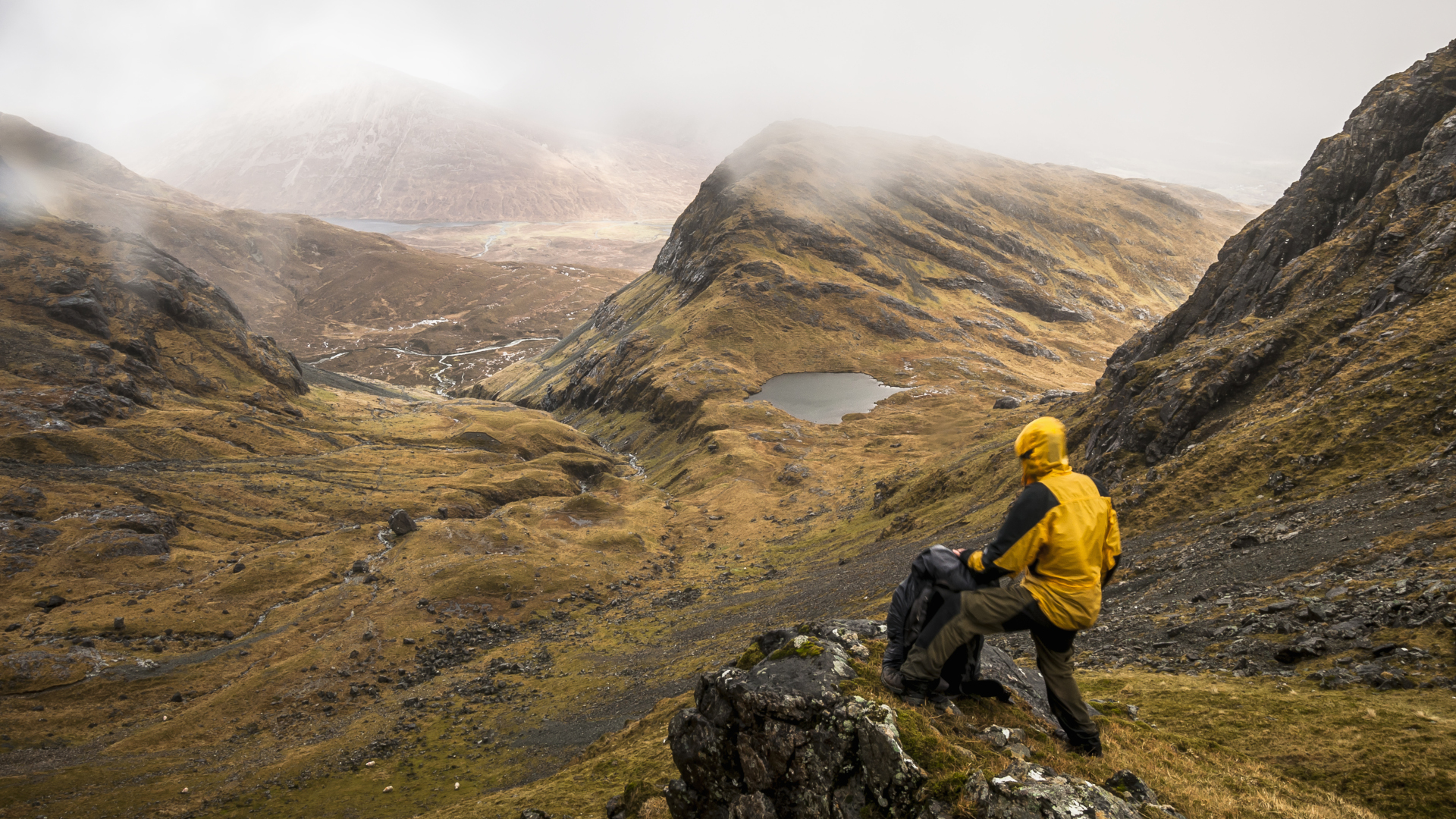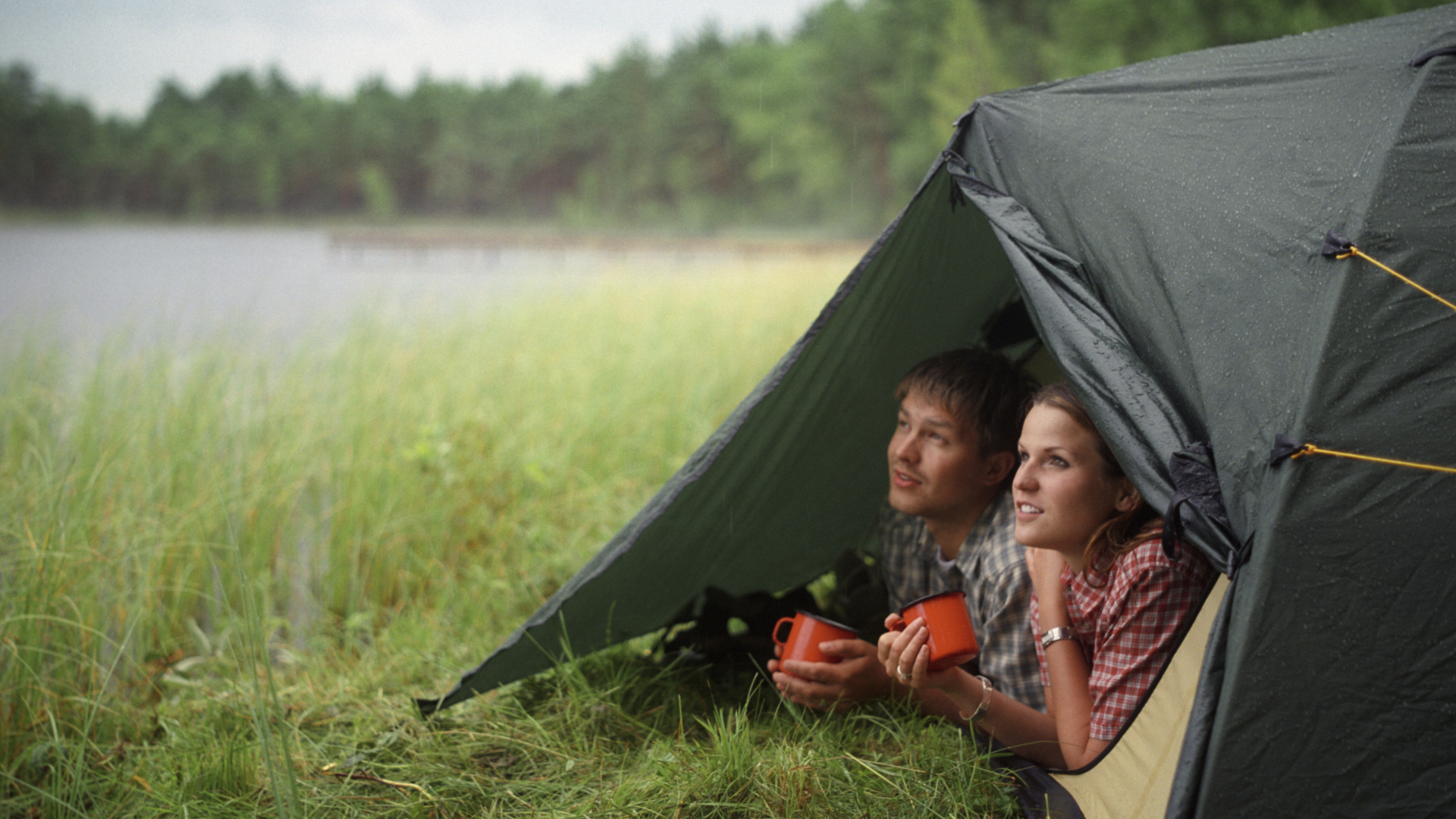Why does it smell so good when it rains?
Scientists have identified several reasons for that fresh, earthy scent that accompanies a downpour after a dry spell, and they call it petrichor

All the latest inspiration, tips and guides to help you plan your next Advnture!
You are now subscribed
Your newsletter sign-up was successful
With temperatures on the rise, you might be getting used to long, hot dry spells during hiking season, even if you don’t live in a desert environment. At first, the warm, dry weather is welcome for hikers and trail runners, but before long, the dry, dusty trails become slippery and treacherous underfoot.
That’s what makes it all the sweeter when a summer rainstorm comes and drenches the dusty, baked earth. Suddenly, the trails have that tackiness underfoot again that lends a better grip for your hiking boots or trail running shoes. The air cools a little, the glistening landscape bursts into a more vibrant green, and your nostrils are filled with the fresh, earthy scent of rain. Have you ever wondered why it smells so good when it rains? Or is it all in your head?
It turns out that this phenomenon isn’t just your mind conjuring up a pleasant sensation to describe the relief you probably feel when there’s rainfall following a long dry spell. There really are pleasant smells associated with rainfall, and scientists even have a name for it – petrichor.

What is petrichor?
Petrichor is a term that was coined in the 1960s by two Australian researchers in a paper titled Nature of Argillaceous Odor that was published in the journal Nature. The scientists proposed that the odor following the first rain in arid regions following a drought be named petrichor, deriving the word from two Greek terms that they write roughly translates as “tenuous essence of rock or stone.” The Greek word “ichor” actually translates to “the fluid that flows like blood in the veins of the gods” and perhaps that really is what rain smells like to you?
Anyway, the authors of the paper classified petrichor as tenuous because there seem to be multiple reasons for that unique smell of rain that we all know and mostly love. In their article, they point to several possibilities, including:
- Organic substances released from either the atmosphere or the soil.
- Bacteria and/or fungi that emit an earthy smell.
- The existence of both silica and iron oxide in the soil and rocks.
The American Chemical Society has since gone on to propose that petrichor may be the result of compounds like ozone, which is naturally released during a thunderstorm when lightning splits oxygen and nitrogen molecules. Rain then carries those ozone molecules down to earth and onto our hiking trails.
They also propose a pretty straightforward and likely theory to add to the mix – petrichor can be the result of the local flora in the area. They identify a fatty acid called geosmin as a potential culprit, which is produced into the earth and rocks by plants during dry weather, then released by moisture.
All the latest inspiration, tips and guides to help you plan your next Advnture!

Whatever the reason, we can probably all agree that nature definitely smells better during and after a rainstorm and it’s a beautiful time to get out on the trails for a hike or a run or even pitch your tent and camp out for the night. If you’re pulling on your waterproof jacket and heading out during a downpour, read up on hiking in the rain and how to camp in the rain.
If the storm has passed and you’re expecting another hot dry spell, however, make sure you read up on what to wear for hiking in hot weather, hydration tips for runners and carry plenty of water in your water bottle or hydration pack. Now get out on the trail and take some deep breaths through your nose!
Julia Clarke is a staff writer for Advnture.com and the author of the book Restorative Yoga for Beginners. She loves to explore mountains on foot, bike, skis and belay and then recover on the the yoga mat. Julia graduated with a degree in journalism in 2004 and spent eight years working as a radio presenter in Kansas City, Vermont, Boston and New York City before discovering the joys of the Rocky Mountains. She then detoured west to Colorado and enjoyed 11 years teaching yoga in Vail before returning to her hometown of Glasgow, Scotland in 2020 to focus on family and writing.

